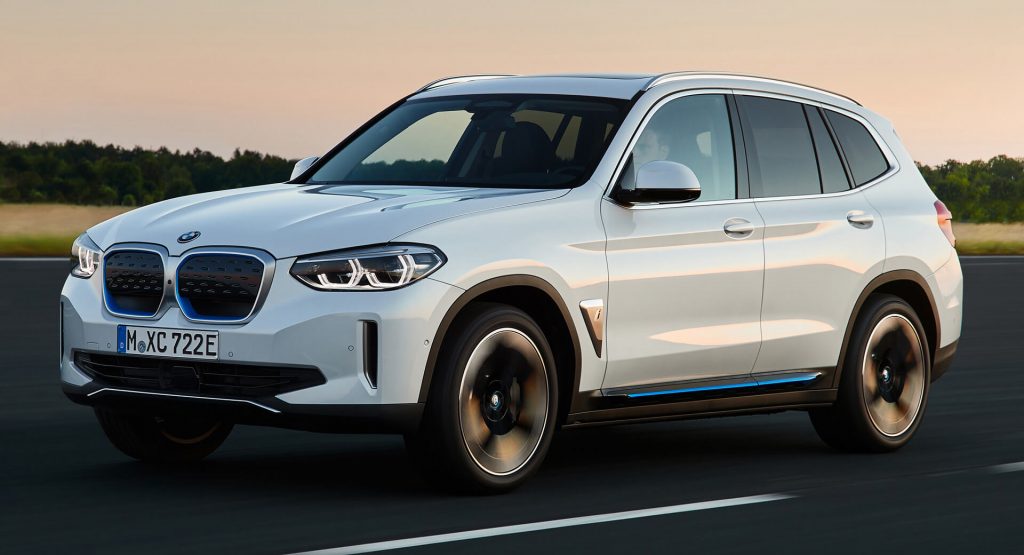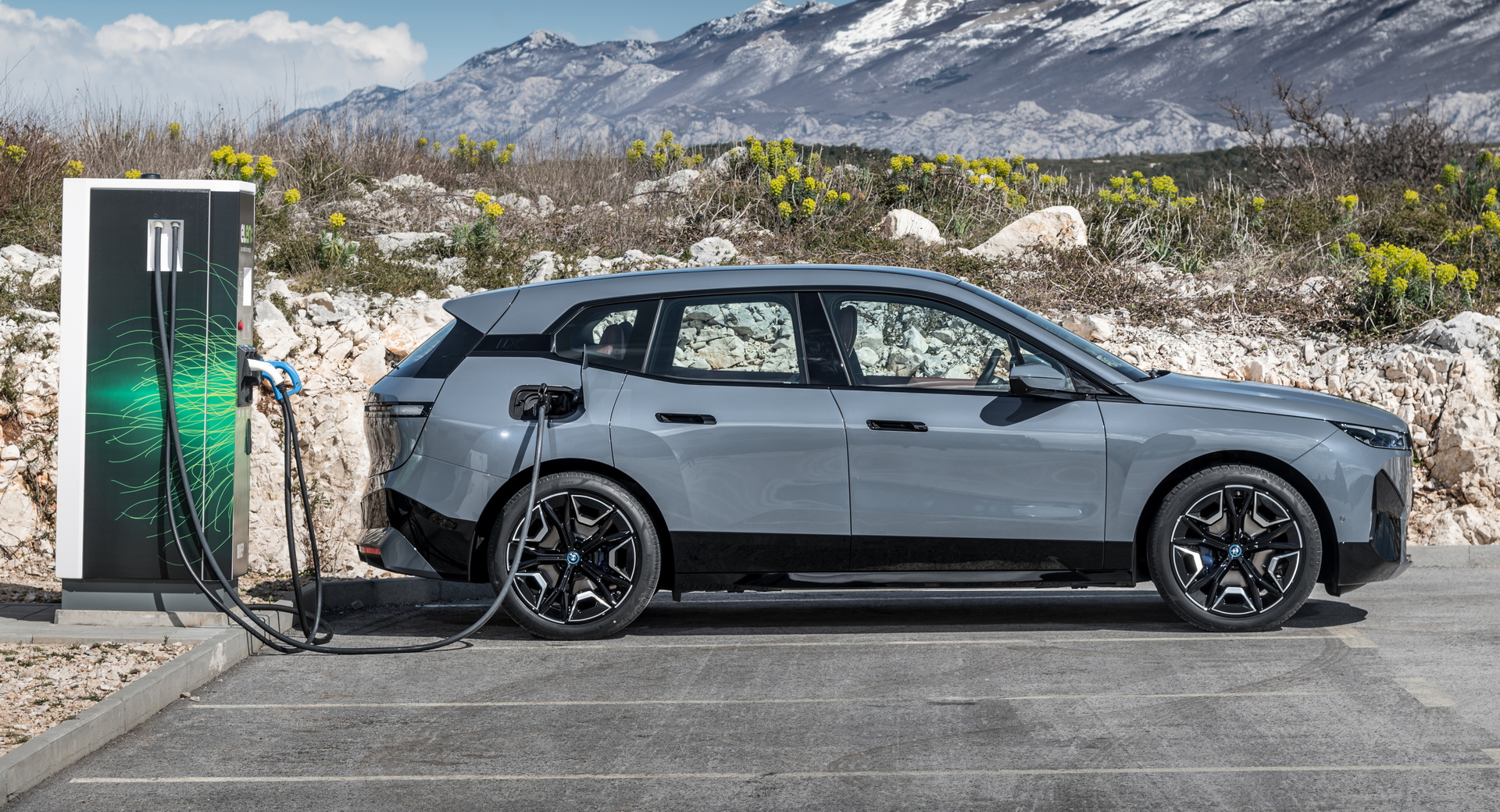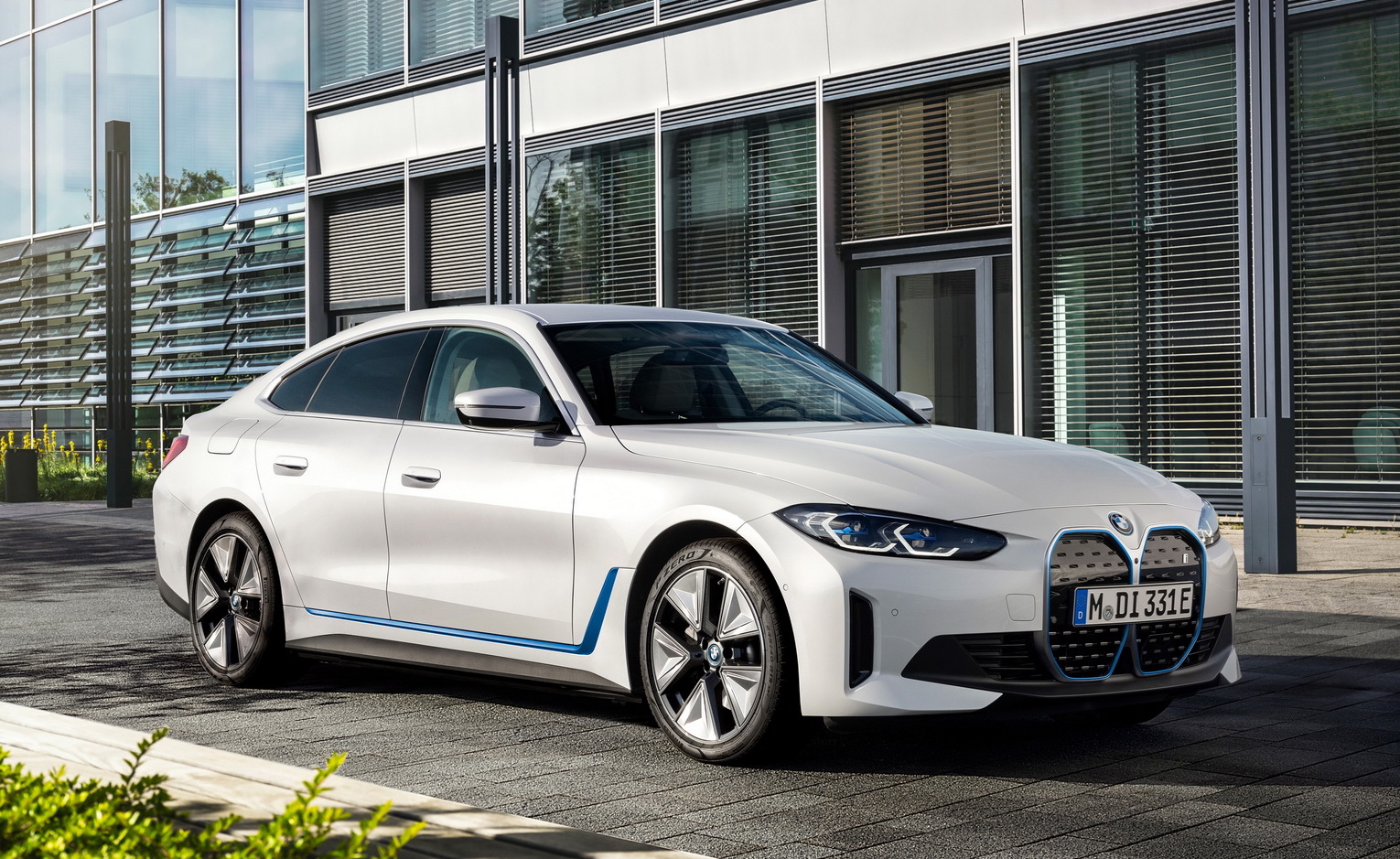BMW says it opted not to sign a multilateral deal last week at COP26 to only sell electric vehicles by 2040 because it doesn’t believe all nations will do their part and establish adequate charging infrastructure.
Speaking with Dezeen, BMW’s head of sustainability strategy Thomas Becker said that the automaker hasn’t set a date on when it will end production of combustion cars as binding targets need to be set that ensure “poorer countries do their job.”
“The job is done in the Netherlands and Norway, so these markets will be fully electric and we will only sell electric cars here. But we won’t decide today that we are sure that the guys in Italy will do their job properly.”
Read More: Ford, GM, Mercedes, Volvo, BYD, JLR Commit To End ICE Production By 2040
Dezeen notes that Norway and the Netherlands have around seven to nine public charging stations per 1,000 vehicles, while Italy has just 0.4. Becker said this is because of a lack of “political leadership” from local and national governments.
“These guys just wait until somebody dumps money on them to get the job done,” Becker commented. “They won’t do it. We should have binding targets, which ensure that also the poorer countries do their job.”
BMW expects every second vehicle it sells in 2030 to be fully electric and has committed to electrifying the Rolls-Royce and Mini brands by 2030. Becker also said that transitioning the BMW brand to all-electric without the necessary infrastructure will push customers to buy used combustion-engine vehicles which pollute more than modern alternatives.
“Nobody will ban all the vehicles that exist, which on average in Europe were built 11 years ago. So it’s still better they get a good conventional vehicle, for example in Southern Italy, than driving a used one.”





